
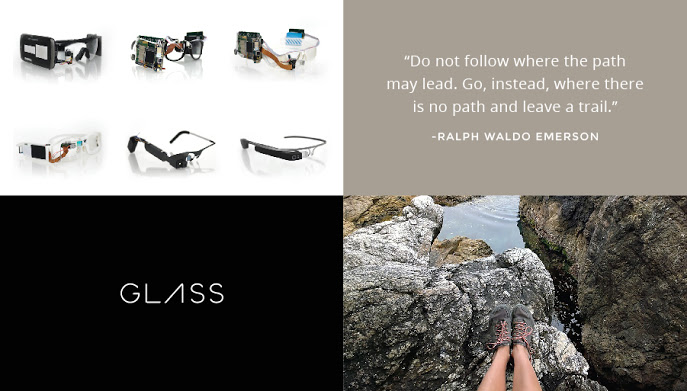
When Google announced yesterday they would be terminating the Glass Explorer Program for good, they referred to it as a “graduation.” Apparently they now have more than enough feedback from Explorers to close the open beta and move the project from concept to reality. This is somewhat good news for those of us who want to buy a consumer version of Glass, but the problem is we don’t know when this will happen.
Wearables are among the most exciting and fastest growing sectors in the technology industry. For this reason I am sad to see the current iteration of Glass discontinued. Despite all its flaws and surrounding controversy, Glass was (and still is) one of the most innovative pieces of consumer electronics ever. My only hope is that other headset manufacturers don’t do the same thing.
Here are five headsets I hope don’t go out of business:
#1 Oculus Rift
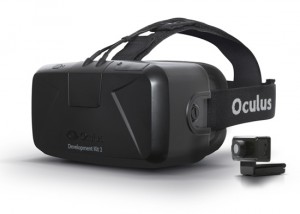
The Oculus Rift is hands-down the most famous headset and rightfully so. What started out as a humble Kickstarter project eventually led to the company being acquisitioned by one of the biggest tech companies in the world. And while there is still no consumer version of the headset available, the Development Kit 2 is an affordable solution for anyone that craves a next-generation virtual reality experience.
#2 Samsung Gear VR
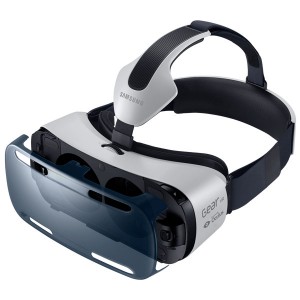
The Samsung Gear VR is actually powered by Oculus but has a catch: You need to use it with a Samsung Galaxy Note 4. Fortunately, this means millions of people are able to transport themselves into amazing new worlds in games, videos, and images. Having a headset that is able to turn a smartphone into a virtual reality machine is the perfect accessory for those wanting to consume media like never before.
#3 Audi VR Experience
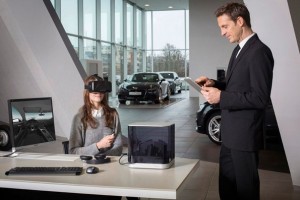
Audi announced yesterday at the Detroit Auto Show they will soon be integrating new digital technologies into automotive retail. With the assistance of a VR headset (yet to be named) customers will be able to configure their preferred car in a realistic way. This is the first automotive manufacturer to develop such a solution and could radically change the way we shop for cars in the future.
#4 Motorola HC1
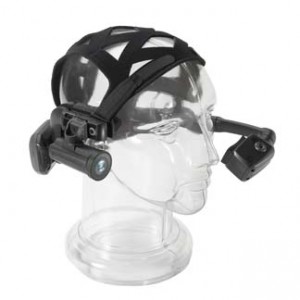
The HC1 Headset Computer is designed specifically for first responders, safety teams, and construction crews. By obeying speech commands and tracking head movements, the HC1 provides users with important information on a tiny LCD display that hovers just below eye level. And because no hands are required to operate the computer, it means the user can use them for more important things – like saving your life.
#5 GlassUp
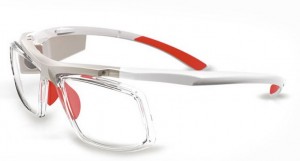
This headset is eerily similar to Google Glass but has two major differences: It doesn’t have a camera and it’s cheap. A pair will set you back only $400 and lets you access email, text messages, directions, and other relevant apps straight from your smartphone. They’re also made in Italy – home of the best frame designers in the world – and are a great option for those who don’t want to look like they’re from the future.
The Future of Headsets
Wearable technology is not a new innovation. Eyeglasses and wristwatches are among the first “smart” devices people decided to strap onto their bodies. And while it’s now considered commonplace to wear a fitness band or a camera on our person; advanced headsets haven’t really caught on with the masses.
Google Glass wasn’t the first headset or even the first pair of smartglasses invented, but they were the first manufactured by such a big corporation. The fact that Google still plans to continue manufacturing the device also means they haven’t given up on people adopting them. We’ll just have to wait a while to find out when that will be.
Will you be one of them?
What do you think? Which headset do you want to last into the future? Let us know in the comments below!

